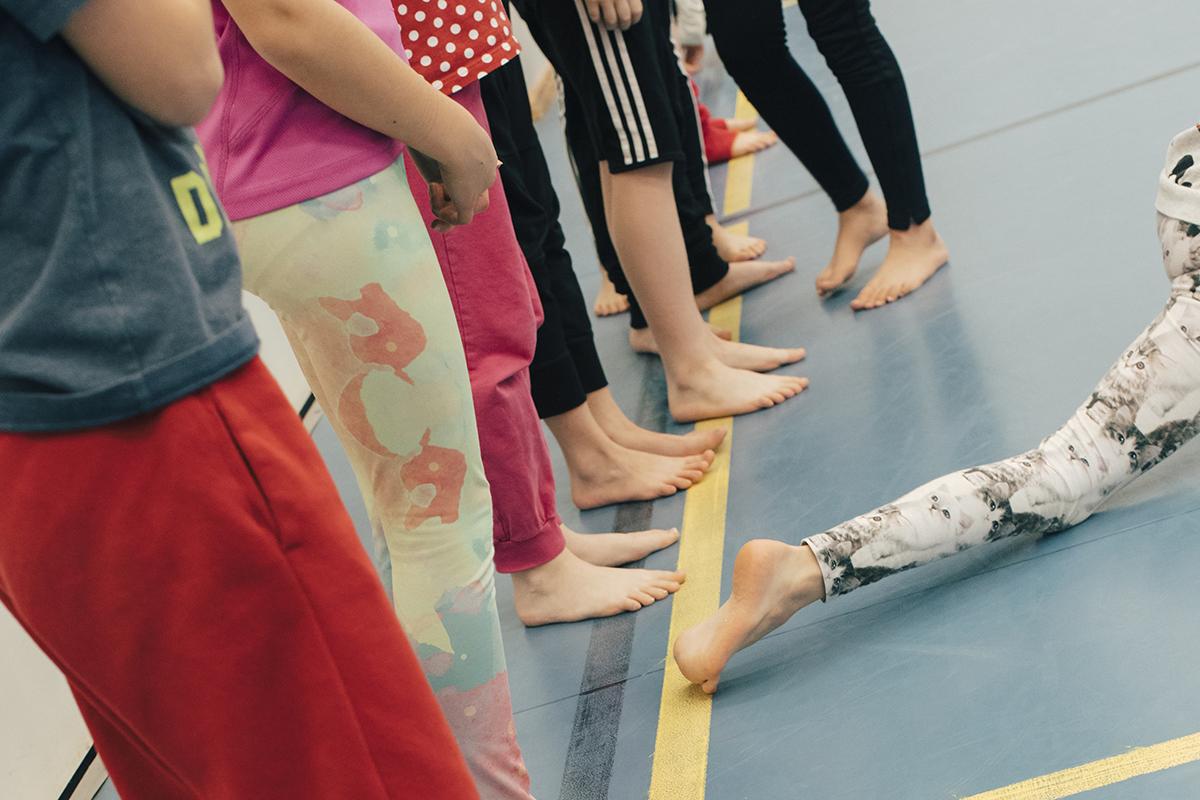A free hobby as part of the school day for all children in Finland – How research and collaboration have resulted in the new Finnish model
Finnish children will have a free hobby during the school day thanks to funding from the government of Finland. Behind the scenes the art education researchers together with different cultural organisations have worked actively to make the dream come true.

The Government of Finland allocates 10 million euros in 2020 and 14.5 million euros per year from 2021 onwards to implement the Finnish model on free recreational activities for children as part of the school day.
In the Finnish model, the main goal is to increase the wellbeing of children and young people. The aim is to give every child and young person the opportunity to have a pleasant and free hobby during the school day: as a rule, before or after the school day. The Finnish model combines the consultation of children and young people about hobbies, the coordination of existing good practices, and the co-operation between schools and the providers of hobby services. The aim is to establish the Finnish model as a permanent way of operating in municipalities.
The Finnish model is to a large degree the result of long-term collaboration in The Observatory for Arts and Cultural Education, Finland founded by Uniarts Helsinki and the Association of Finnish Children’s Cultural Centres – a collaboration network between different universities and other stakeholders.
According to the Observatory, the Finnish model could have a great impact on the wellbeing of children and young people. It emphasises the importance of child-oriented and accessible recreational activities which are of high pedagogical quality.
The Observatory has suggested that every child should have the possibility to get familiar with and choose a suitable hobby among different kinds of hobbies in arts or sports during the school day.
Everything starts with research
The basis for all of this is in research. A big part of it is produced by Professor Eeva Anttila from Uniarts Helsinki and her team of researchers in the ArtsEqual Research Initiative – the biggest research project in the field of arts ever to have taken place in Finland.
Anttila has done extensive research on the effects of art as part of the school day. She and her research group Arts@School have also produced research-informed policy recommendations for decision-makers on different levels of society.
In one of their policy briefs, the researchers suggest that the Finnish comprehensive schools should be considered ‘Finland’s largest cultural centres, where high-quality, diverse arts and cultural education is equally available to all’.
According to Anttila and her team, numerous studies have shown that arts and cultural education strengthen the cultural capital of children and young people and support their capacities to actively participate in society.
Towards a more equal society
”It is a great pleasure to see that our research-informed policy briefs and collaboration with carefully selected interaction partners generate concrete results that contribute towards equality, creativity and wellbeing in society,” says Kai Lehikoinen, Director of Uniarts Helsinki’s CERADA and Vice Director of ArtsEqual.
The Observatory for Arts and Cultural Education, Finland was founded in 2017 by Uniarts Helsinki’s CERADA Research Centre and the Association of Finnish Children’s Cultural Centres. Its partners include Aalto University’s Department of Art, the University of Lapland’s Faculty of Arts, Haukkala Foundation, Finnish Association for Basic Arts Education and Finnish Association of Adult Education Centres. The Ministry of Education and Culture supports the Observatory’s activities.
The ARTSEQUAL research initiative, coordinated by Uniarts Helsinki, examines the arts as public service, with equality as the starting point, and explores how the arts can meet the social challenges of the 2020s. The initiative is financed by the Academy of Finland’s Strategic Research Council.